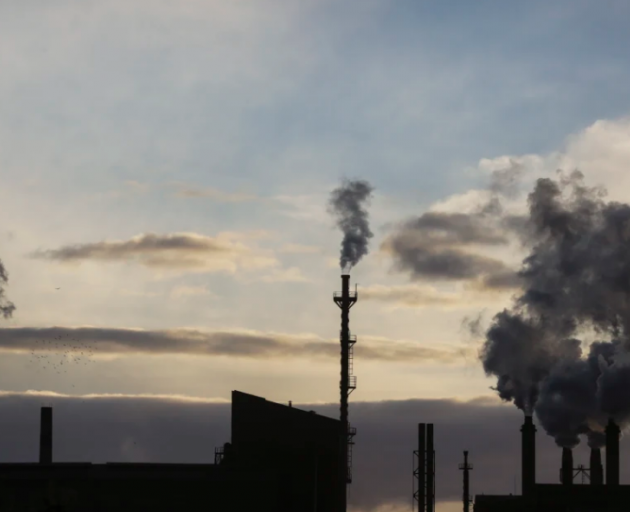
No bidders turned up to the government's third auction of carbon credits of the year, raising the chances that millions of unsold tonnes of permits to create carbon dioxide will go on the scrap heap.
By law, big carbon dioxide emitters such as petrol companies and coal importers have to buy enough carbon credits to cover their planet-heating emissions each year, under the Emissions Trading Scheme (ETS).
The system is meant to give companies an incentive to cut their emissions, and move the country towards meeting its climate targets.
But demand has been languishing, and only one of the last seven auctions has sold any permits.
When it was cheaper to buy permits to pollute than to cut emissions, companies had little incentive to change.
Auctions are held four times a year, and can earn hundreds of millions of dollars each time for the government.
According to the Climate Change Commission, the market was plagued by an oversupply caused by companies having more credits stockpiled than they needed to surrender, lowering demand to purchase more and pushing the carbon price down.
Last month the government announced it was following the commission's advice and would shrink the number of permits it would sell over the next five years, in an attempt to flush out some of those surplus permits.
It was not enough to clear Wednesday's auction, which failed to attract any bidders.
Emitters can buy permits from each other by trading directly on the secondary market, currently for around $62 a tonne. That left little incentive to buy them from the government at $64, the minimum price it can legally auction permits for.
Each time an auction failed to sell out, the unsold permits were moved to the next auction. Any permits left at the end of the year were cancelled.
Wednesday's result increased the chances that up to 10 million tonnes' worth of leftover permits would be scrapped at the end of 2024.
Scrapping permits can help the price recover by removing them from the market, and the government started the next year with a clean slate. Minimum prices would rise next year to $68 a tonne.
A floundering carbon price could become a problem for the government, which relied on the ETS to prompt companies in transport, energy and industry to lower their emissions and get New Zealand on track to meet climate targets.
The commission said the trajectory of prices was too low to have the required effect, and the targets were in jeopardy unless the government came out with new policies to help.













